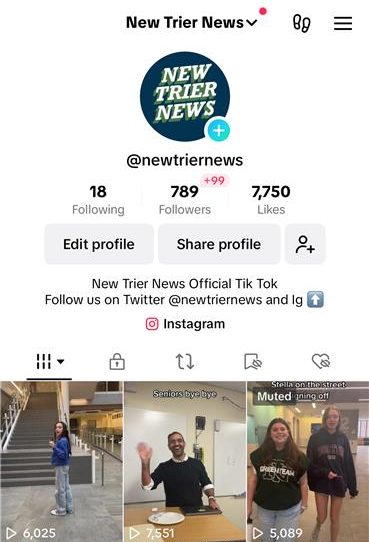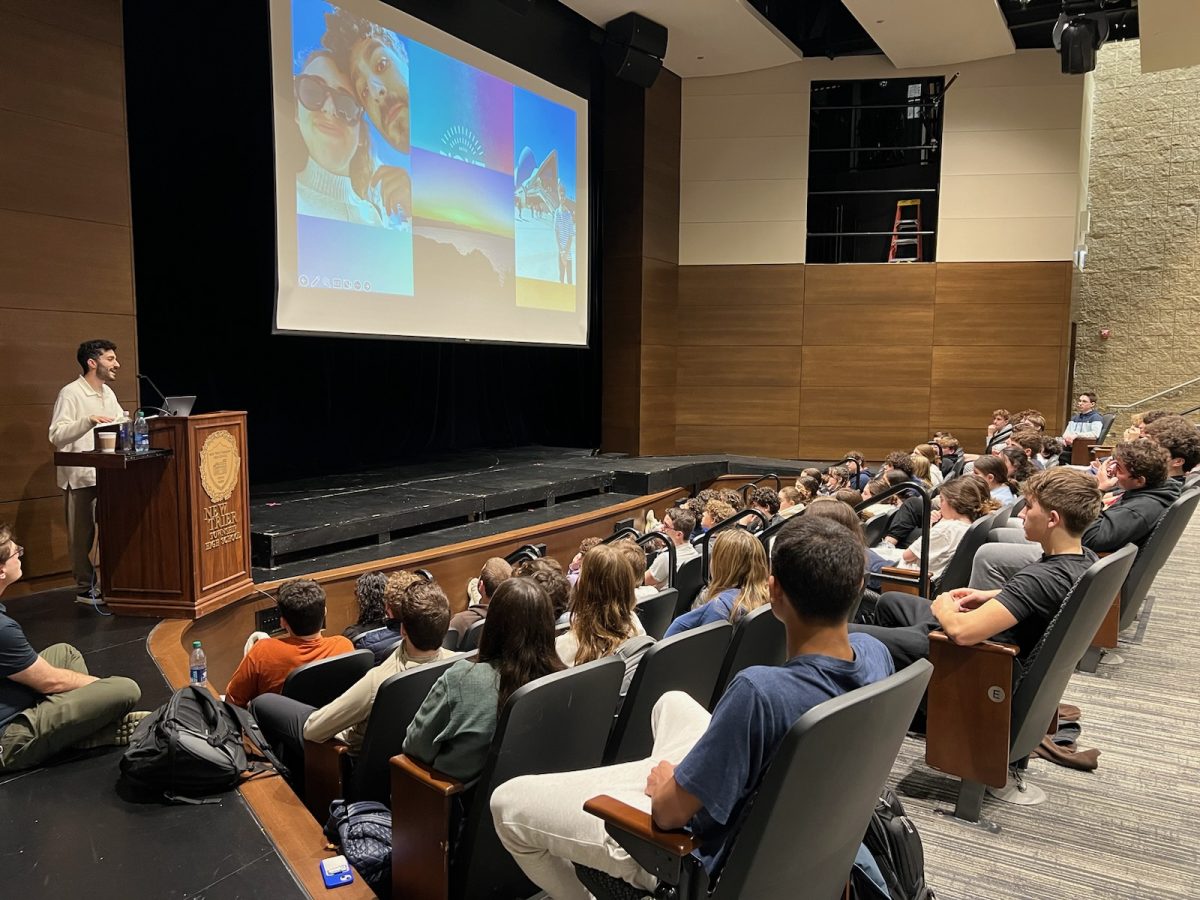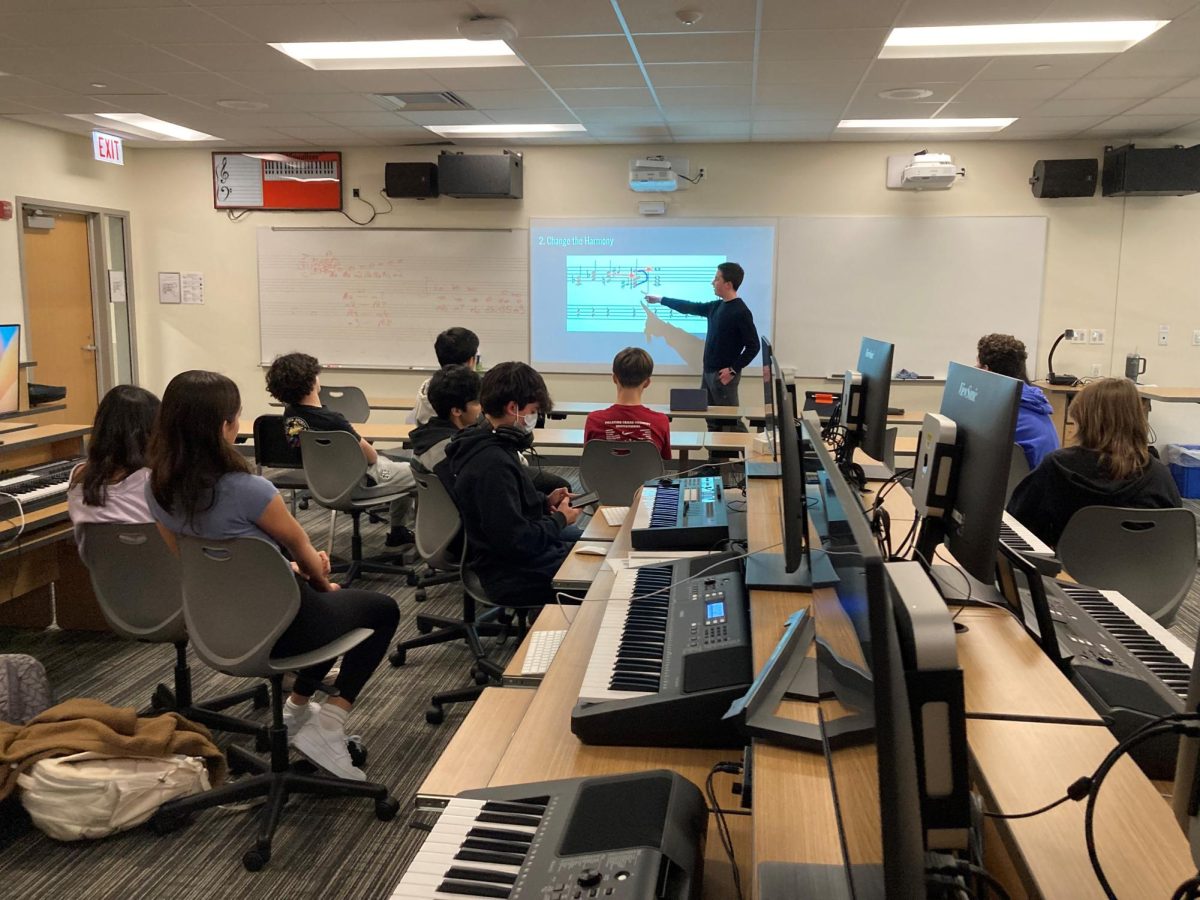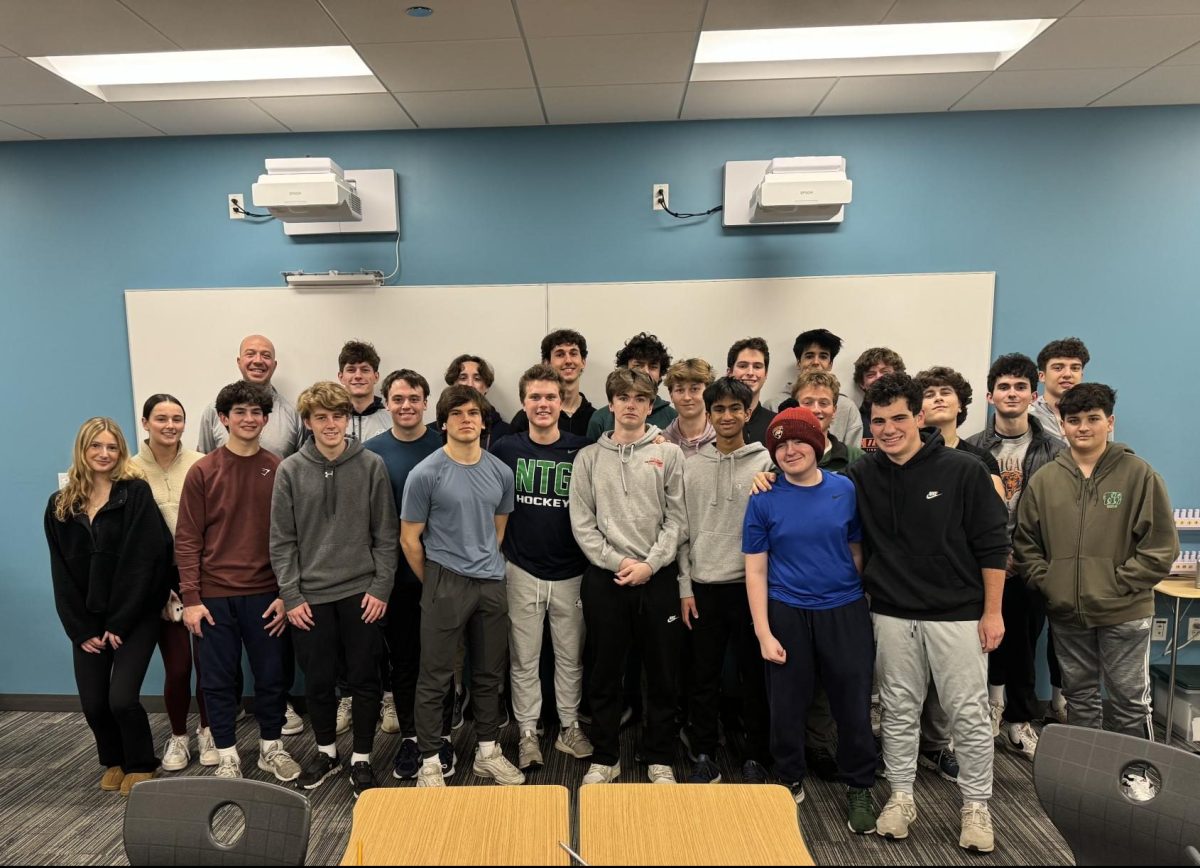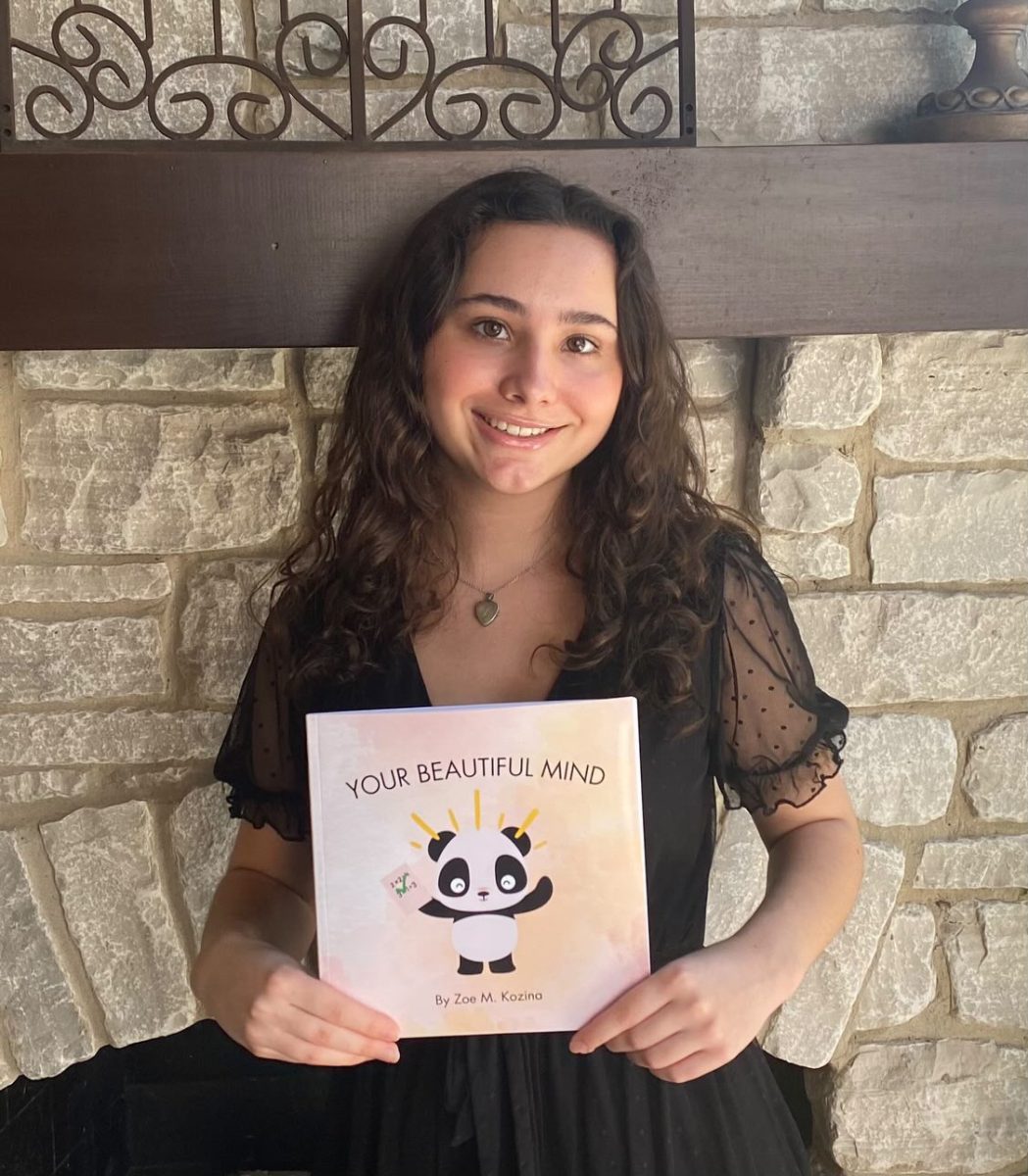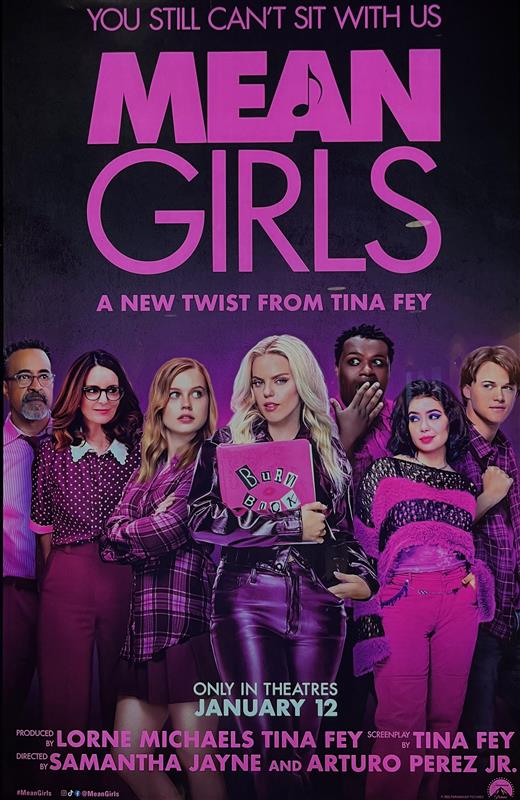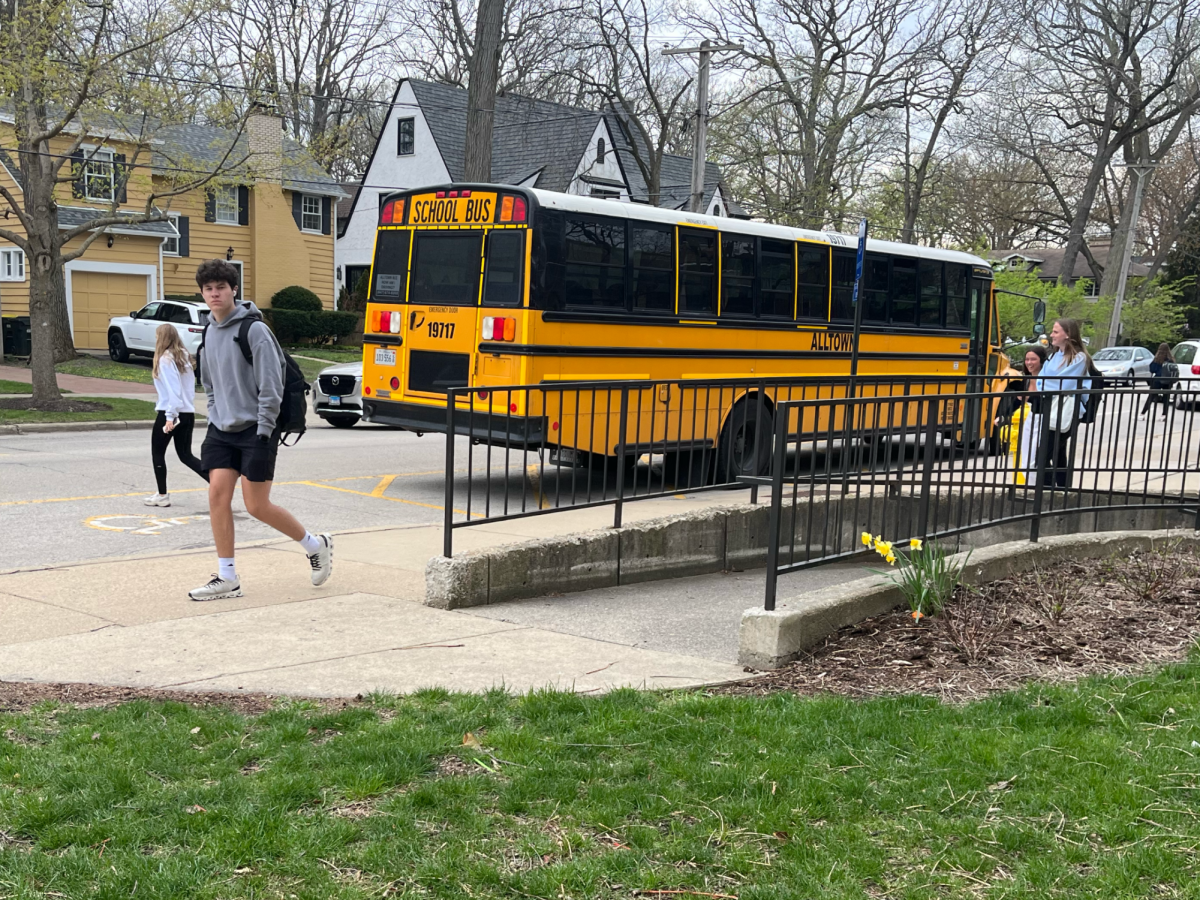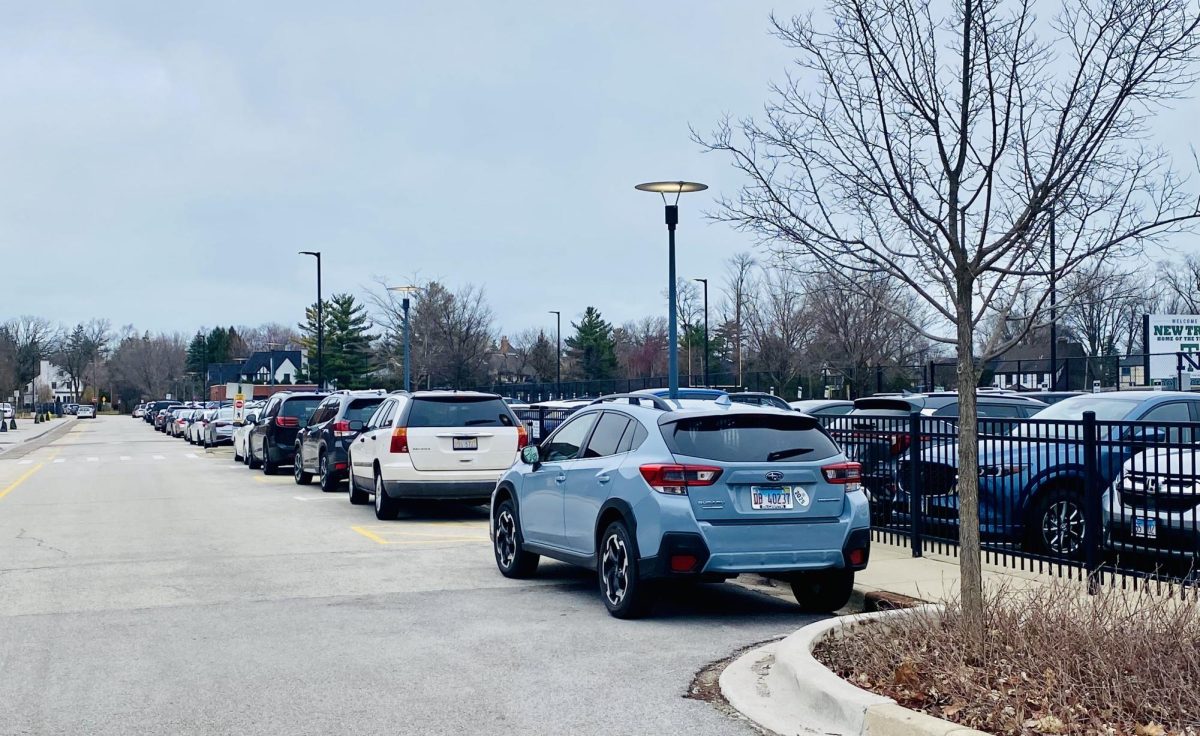In this week’s news section, we reported on the rising use of heroin in the community and quoted the Wilmette Police Department as stating, “We have seen an increase in calls involving drug overdoses related to heroin, criminal incidents related to heroin use and—unfortunately—heroin-related deaths.” This news, we imagine, may be somewhat staggering to New Trier students, parents and teachers. New Trier’s reputation as an academic and athletic powerhouse with an affluent “country club” persona may involves students that drink and smoke pot, but heroin? That’s reserved for, well, elsewhere not in Wilmette, Winnetka, Kenilworth, Northfield or Glencoe.
In a Time magazine article written in 2010 titled, “Is Drug Use Really on the Rise?” writer John Cloud is skeptical about drug use’s rise among the nation’s youth. He writes, “The number of Americans who report being dependent on substances has been stable since 2002—about 22 million of us are dependent. It’s still too high, but let’s all take a deep breath. With or without a bong at hand.” But every community has their own situation; it is not right to generalize on a national scale. Middle school aged kids in our area are susceptible to weed and some are already getting into it between fifth and eighth grade.
It has been speculated that pot can be a gateway drug, that is; it can lead to harder drugs (like heroin for example). It is also widely believed that the gateway drug theory is a myth made up by authority figures to dissuade us youths from smoking pot so we don’t become apathetic in the face of our schoolwork. In another Time magazine article titled “Marijuana as a Gateway Drug: the Myth That Will Not Die” also published in 2010, author Maia Szalavitz argues how the gateway drug idea is alarmist and blown out of proportion, equating the situation to a motorcycle gang. She writes that people in a motorcycle gang may be more likely to have ridden bicycles as kids than people not in a motorcycle gang, but that doesn’t necessarily mean riding a bicycle puts you at risk for joining a bicycle gang.
Nevertheless, it is hard to believe that someone starting pot at 13 years old won’t get bored with it by the time they’re in high school and won’t start thinking about the next step. Besides, according to a 2005 Taylor and Francis comprehensive drug and alcohol review, “There is a reasonably strong association between regular and early cannabis use and other illicit drug use.”
Who really knows what the heroin situation will be like at New Trier years from now, but, needless to say, it could get worse. Kids are, of course, more exposed to things that 30, 20, or even 10 years ago they wouldn’t have been exposed to until high school or college. Most kids at New Trier own a smartphone of some sort, and as they become more prevalent and lower in price, it seems likely that kids will get phones at younger and younger ages. The more access kids have to phones, the more they hear about mature stuff that seems tempting to try.
And since their minds haven’t come close to being fully developed, the rationale behind their decisions can be easily skewed. The idea that heroin is becoming more mainstream on the North Shore is not merely a potential problem to be shrugged off. And while middle schools have antidrug presentations to steer kids in the right direction, annual assemblies are not nearly enough. It’s a matter of changing our societal desires and instilling proper foresight into kids too young to know anything about heroin and other hard drugs.



